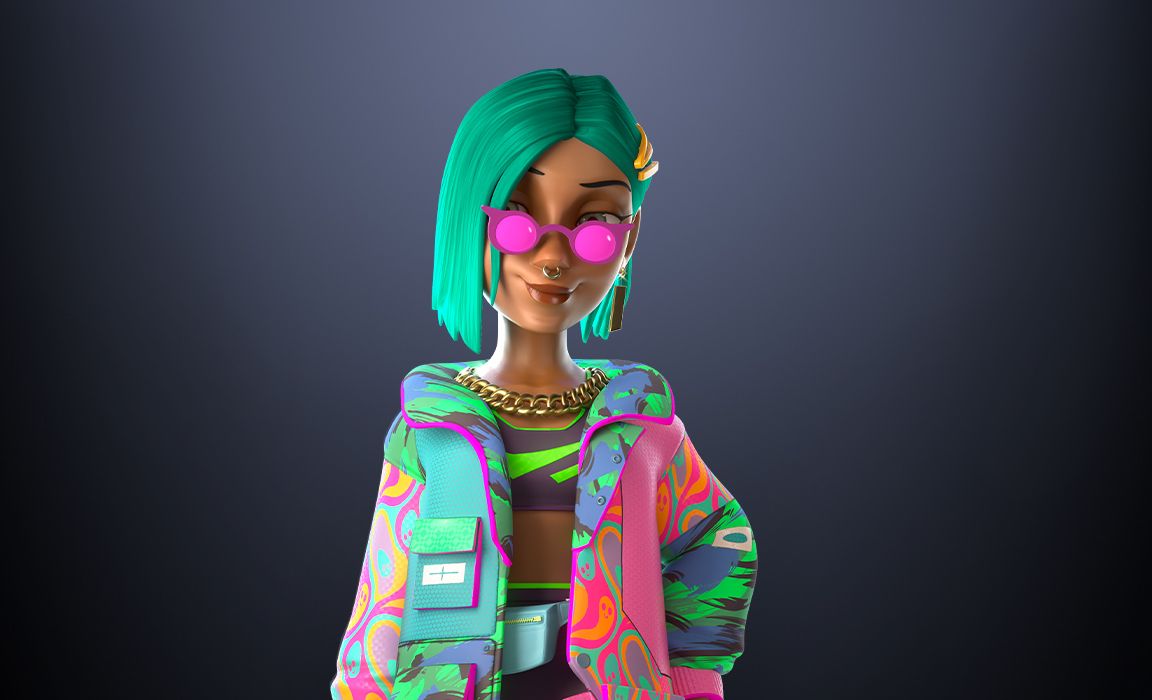Innovation in the game industry is boundless. A new era of next-generation gaming has arrived with the introduction of blockchain technology, presenting never-before-seen possibilities for both gamers and producers. However, how did this movement start? Let's explore the journey of a former player who now creates blockchain-based video games.
It all started with a love of video games. I've been a longtime player, and I've always found the compelling experiences and rich worlds that games provide to be fascinating. However, when I learned more about the business, I was able to recognize its shortcomings, including its centralized management, lack of ownership, and the ubiquity of in-game purchases, which frequently made players feel taken advantage of.
I looked to blockchain technology because I was determined to practically and symbolically change the game. Due to its decentralized structure and focus on ownership and transparency, blockchain provided an answer to numerous issues facing the sector. Equipped with this understanding, I embarked on a quest to develop next-generation games that would completely transform the gaming industry.
There were difficulties in moving from being a player to a blockchain-based game producer. I had to get over skepticism from traditional gaming circles, learn new programming languages, and understand the intricacies of blockchain technology. But I persisted because I was determined and had a clear goal in sight, and soon my efforts started to pay off.
The possibility of real ownership and player-driven economies is one of the most intriguing features of blockchain game development. Players may now freely trade their in-game assets on decentralized marketplaces, own them in full, and even monetize their gaming prowess in ways never previously imaginable thanks to the integration of blockchain technology into games.
The most satisfying aspect of this adventure, though, has probably been witnessing the global impact that blockchain-based gaming has had on gamers. Blockchain has completely changed the way we think about games, from enabling independent developers to providing gamers with a sense of ownership and control over their gaming experiences.
Looking back on my journey from player to blockchain-based game producer, I am excited about what lies ahead for the gaming industry. The potential is genuinely limitless as blockchain technology develops and advances. And I'm honored to have contributed to the development of the upcoming gaming generation.





Comments